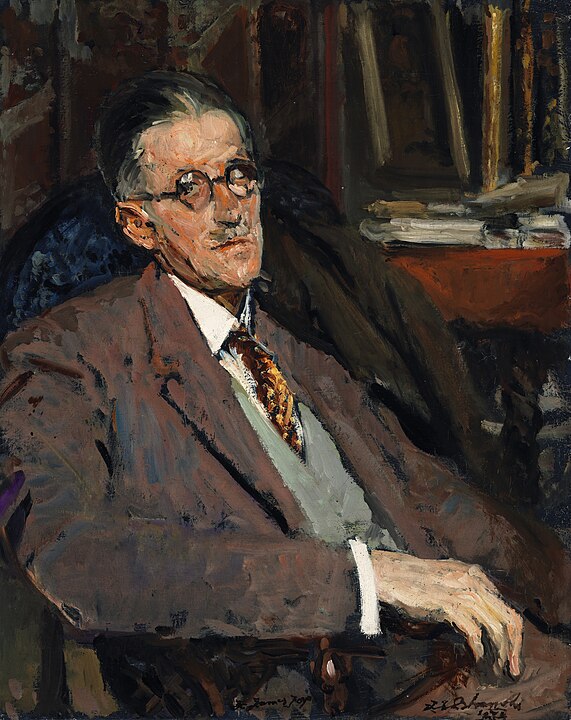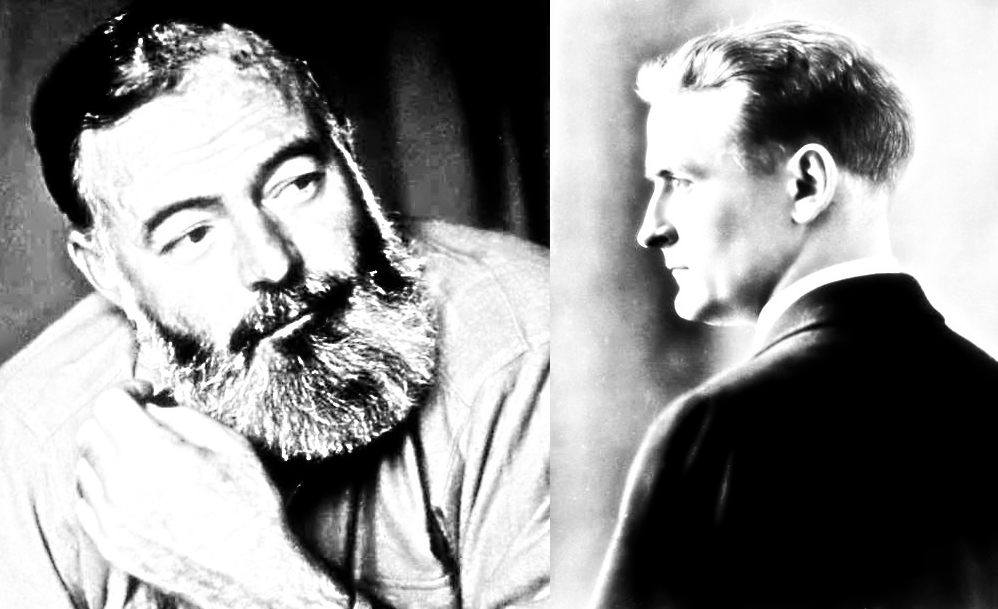Today, we look at our word of the week, which is “Eclipse.” I imagine most of you are familiar with the term, or perhaps even the way it looks when it encounters the night sky.
Definition
Eclipse, as it has been defined, means a “complete or partial obscuring of a celestial body by another,” and that sounds very denotative and scientific (Britannica). But what does that mean? As stated by other sources, an eclipse is “the obscuration of the light of the moon by the intervention of the earth between it and the sun … or the obscuration of the light of the sun by the intervention of the moon between it and the point on the earth” (Merriam-Webster).
Both of these are interesting ways to say that something gets covered by something in the night sky. However, other eclipses occur, and really it depends on what is getting covered where. Three objects throwing shadows and all that.
NASA states that an eclipse “happens when on object in space, like a planet or moon, passes through the shadow of another object in space. On Earth, we can see lunar eclipses and solar eclipses.”
Relationship to our reading
As it relates to our novel (A Connecticut Yankee in King Arthur’s Court), an eclipse will have a profound impact on our hero’s fate and the fate of the medieval world in which he lives. As we will discuss, the eclipse in the novel acts as a sort of deus ex machina, but in the best way, as it happens organically and plausibly due to our hero’s knowledge of the future.








Leave a Reply